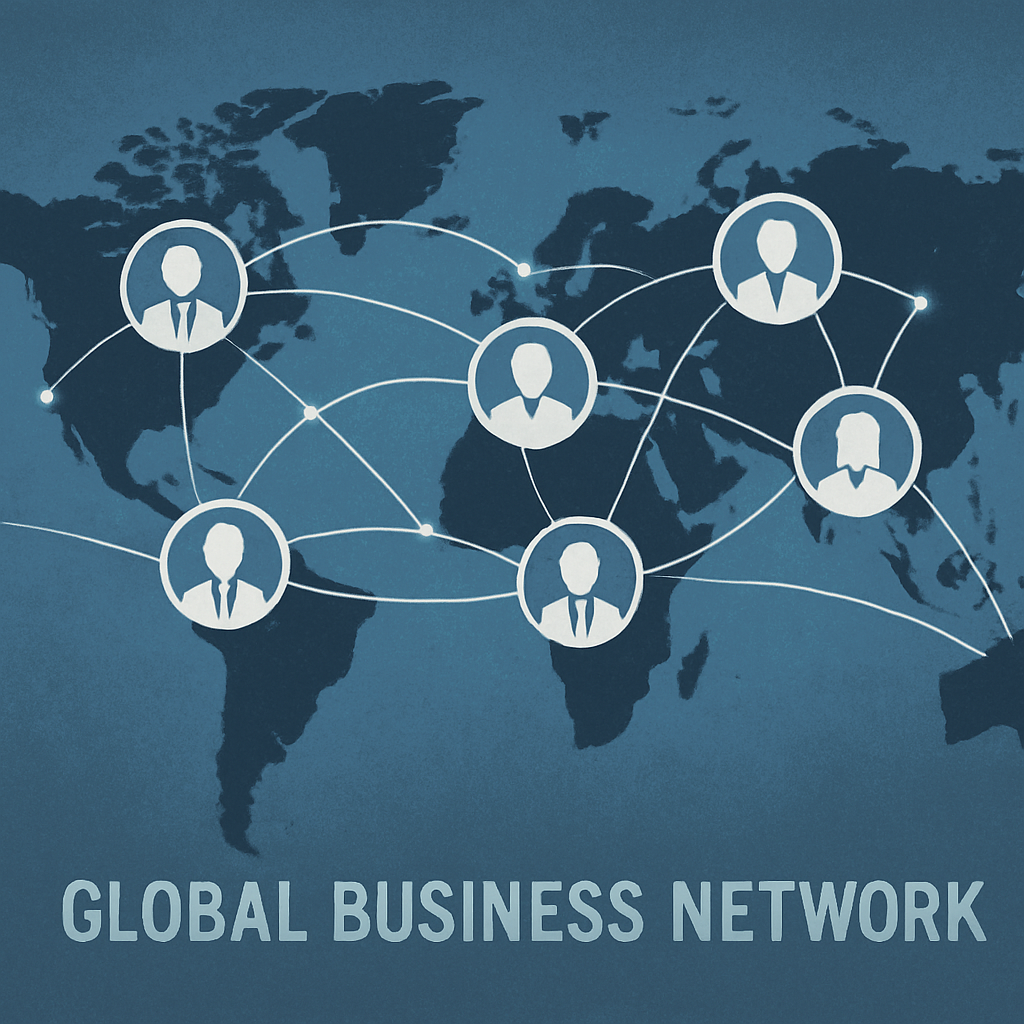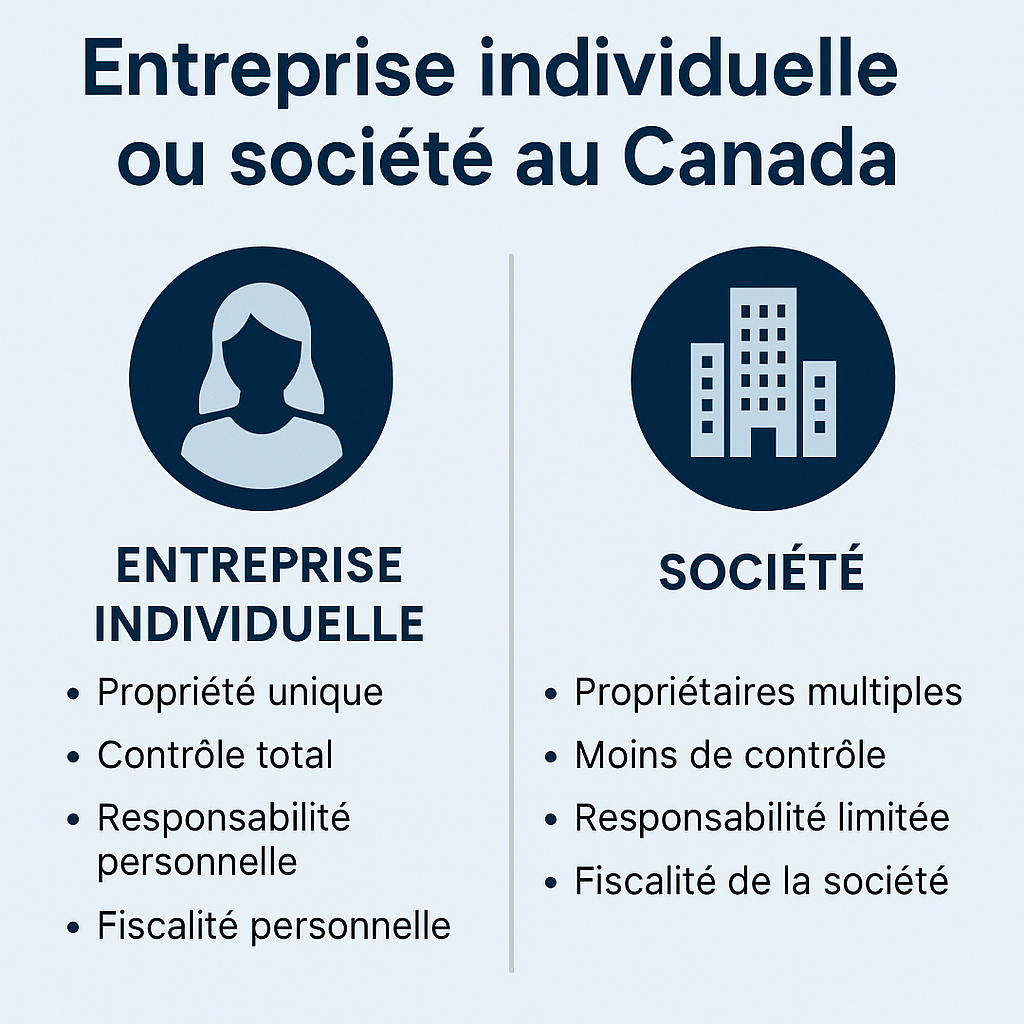Global Giants: Examples of International Corporations
In today's interconnected world, international corporations are at the forefront of global economic development. These multinational entities not only generate significant revenues but also shape consumer behavior, employment trends, and technological advancement worldwide. In this article, we explore notable international business examples, understand the defining traits of multinational corporations, and examine how global giants such as Apple, Toyota, and Nestlé maintain their international dominance.
International Business Examples
International corporations, or multinational corporations (MNCs), are businesses that operate in multiple countries. From technology to food and automotive industries, MNCs have a substantial footprint across global markets. Prominent examples include:
- Apple Inc. (United States) - Consumer electronics
- Toyota Motor Corporation (Japan) - Automotive manufacturing
- Nestlé S.A. (Switzerland) - Food and beverage
- Samsung Electronics (South Korea) - Electronics and appliances
- Unilever (United Kingdom/Netherlands) - Consumer goods
These companies serve millions of customers globally, adapt to local market needs, and leverage global resources to maintain profitability and growth.
Characteristics of Multinational Corporations
What sets MNCs apart from domestic firms? Here are the core characteristics:
Global Operations
Multinational corporations operate production facilities, sales offices, and service centers in multiple countries.
Centralized Management
Despite global operations, MNCs typically maintain a centralized headquarters that directs strategic decisions.
Diverse Workforce
These companies employ talent from various cultural and national backgrounds, enhancing their adaptability and creativity.
Product Localization
Successful MNCs tailor products and marketing campaigns to resonate with local audiences while maintaining global brand consistency.
Economies of Scale
By producing on a large scale and sourcing globally, MNCs often reduce costs and improve efficiency.
How Apple Operates Globally
Apple Inc. is a stellar example of a tech multinational that has achieved immense success through innovation and branding.
Business Plan Highlights
- Product Innovation: Apple consistently leads in consumer electronics with products like the iPhone, iPad, and MacBook.
- Global Branding: Apple's sleek, minimalist branding appeals to a global audience, fostering brand loyalty.
- Supply Chain: Apple has a highly optimized global supply chain, sourcing components from multiple countries and assembling products in China.
- Retail Strategy: With Apple Stores in key cities around the world, the company enhances brand visibility and customer service.
Toyota’s Global Business Strategy
Toyota Motor Corporation has cemented its reputation as a reliable and innovative automaker with a vast global presence.
Business Plan Highlights
- Kaizen Philosophy: Toyota's focus on continuous improvement (Kaizen) drives innovation and efficiency.
- Lean Manufacturing: Known for the Toyota Production System, the company minimizes waste and maximizes productivity.
- Sustainability: Toyota invests heavily in hybrid and electric vehicles to meet global sustainability goals.
- Market Adaptation: From compact cars in Europe to SUVs in North America, Toyota adapts its products to regional preferences.
Nestlé’s International Expansion
Nestlé S.A. has grown into the world's largest food and beverage company with operations in 189 countries.
Business Plan Highlights
- Product Diversification: Nestlé offers a wide range of products including baby food, coffee, dairy, and pet care.
- Research and Development: The company adapts products to local tastes through extensive R&D investments.
- Sustainability: Nestlé focuses on water conservation, ethical sourcing, and sustainable packaging.
- Local Partnerships: Strategic collaborations with regional suppliers and distributors support Nestlé's expansion.
Strategies for Maintaining Global Presence
To succeed globally, MNCs implement strategic practices to ensure long-term growth and adaptability.
Strategic Alliances and Partnerships
Collaborating with local businesses allows MNCs to navigate new markets with insider knowledge and established distribution channels.
Localization
From language to packaging, companies localize offerings to align with cultural preferences and consumer behavior.
Technology Investment
Digital transformation, AI, and automation are key to enhancing operational efficiency and customer engagement.
Supply Chain Resilience
Building robust logistics networks helps companies manage risks and deliver products on time, even amid disruptions.
Challenges in International Business
Despite their advantages, international corporations face complex challenges:
Cultural Differences
Understanding and respecting cultural nuances is crucial for effective communication, marketing, and management.
Regulatory Compliance
Navigating varying legal and regulatory landscapes requires robust legal teams and compliance systems.
Political and Economic Instability
Fluctuating economic conditions and political unrest can disrupt operations and affect profitability.
Currency Fluctuations
Exchange rate volatility impacts pricing, revenues, and financial forecasting.
Conclusion
International corporations like Apple, Toyota, and Nestlé exemplify how strategic planning, innovation, and cultural adaptability drive global success. While the benefits of global expansion are immense, navigating regulatory, cultural, and economic challenges requires agility and foresight. For entrepreneurs, students, and business enthusiasts, understanding the mechanics of these global giants offers invaluable insights into the dynamics of international business.




